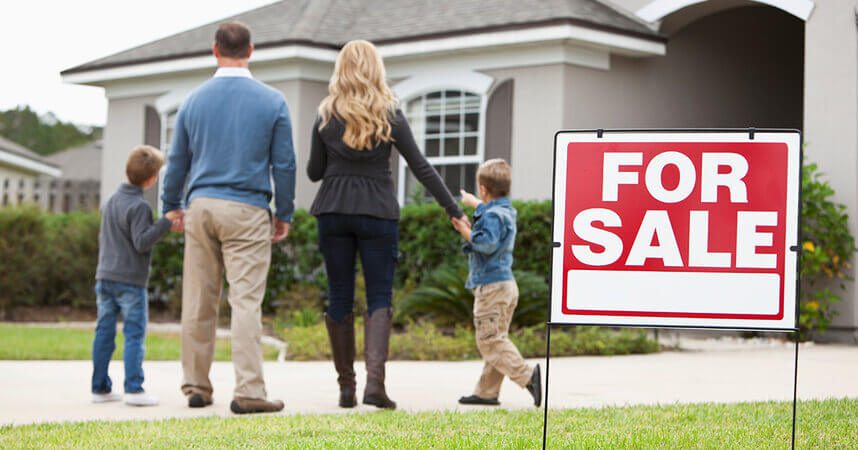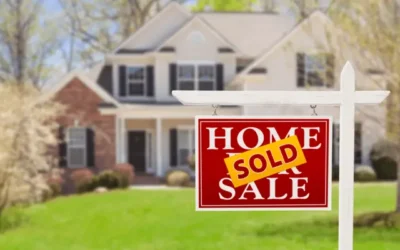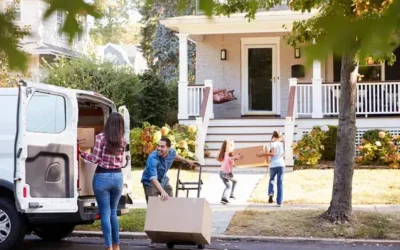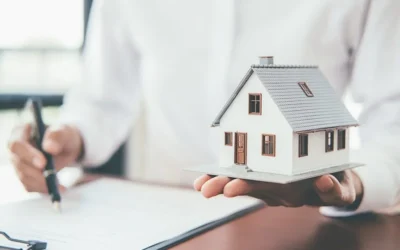Selling a home is one of the biggest financial moves most people make in their lifetime. However, there are numerous pitfalls that can cost sellers time, money, and potential buyers.
In today’s competitive housing market, avoiding common mistakes is more important than ever. With proper preparation, the right pricing, and smart marketing, you can ensure a smooth and profitable sale.
Here are the top mistakes to avoid when selling your home in 2026.
Understanding the Current Housing Market
In 2026, the housing market is starting to stabilize after the post-pandemic boom. According to Zillow, the median U.S. home price is approximately $348,000, and homes are spending an average of 40-50 days on the market before receiving an offer. While demand has cooled slightly, it’s still critical to avoid mistakes that could delay your sale or lead to lower offers.
Key trends in 2026:
- Slight increase in housing inventory, giving buyers more options.
- Interest rates are stabilizing, but still higher than pre-2020 levels.
- Homes in good condition continue to sell quickly.
Mistake #1: Overpricing Your Home
One of the biggest mistakes sellers make is overpricing their home. Setting an unrealistic price can cause your property to linger on the market, eventually leading to price reductions or even a lower final sale price. Buyers today are savvy—they have access to a lot of information and can easily compare your listing to others in the area.
To avoid overpricing:
- Get a comparative market analysis (CMA) from your real estate agent.
- Research similar properties on sites like Zillow and Realtor.com.
- Be realistic about your home’s unique features.
As Johnathan Mills, Senior Mortgage Consultant at HomePath Financial, puts it: “Homes that are priced too high often turn into stale listings, which can raise concerns for potential buyers. It’s always better to price it right from the start.”
Mistake #2: Skipping Necessary Repairs
Even small, easily fixable issues can give buyers the impression that your home hasn’t been well-maintained. Simple things like broken door handles, outdated fixtures, or peeling paint can make potential buyers hesitate or offer less. Before listing, walk through your home and fix anything that needs repair.
Common repairs to focus on:
- Fixing leaky faucets
- Patching up holes in walls
- Replacing broken or outdated light fixtures
- Addressing any safety issues, like broken steps or missing handrails
Sarah Bennett, Real Estate Analyst at Prime Realty Group, explains: “Homes with visible problems are less likely to sell at market value, and buyers may request costly repairs or credits at closing.”
Mistake #3: Ignoring Curb Appeal
First impressions matter, and your home’s curb appeal is the first thing buyers will see. Neglecting the exterior of your home can be a deal-breaker, no matter how beautiful the inside is. According to a recent study, homes with good curb appeal sell for 7% more on average than those without.
Easy ways to improve curb appeal:
- Mow the lawn and trim overgrown bushes.
- Power wash the exterior and driveway.
- Add fresh mulch or seasonal flowers to garden beds.
- Paint or replace your front door for a fresh look.
Mistake #4: Using Low-Quality Photos
In the digital age, most buyers will see your home online first, and the quality of your photos can make or break their interest. If the images are poorly lit or blurry, potential buyers may never schedule a showing. Hiring a professional photographer ensures that your home is presented in the best possible light.
Why professional photography matters:
- High-quality photos attract more attention online.
- They can highlight your home’s best features.
- Well-staged photos help buyers envision themselves in the space.
Consider also using virtual staging if your home is empty. This adds virtual furniture and decor, helping buyers visualize the potential.
Mistake #5: Being Unavailable for Showings
One of the fastest ways to lose potential buyers is by being inflexible with showing times. Buyers have busy schedules, and if they can’t see your home when it’s convenient for them, they may move on to another property.
Tips for managing showings:
- Be flexible with your schedule.
- Keep the home clean and decluttered so it’s always ready for a last-minute showing.
- Consider temporary storage for excess furniture or personal items to make the space feel larger.
Mistake #6: Not Understanding the Costs of Selling
Many sellers underestimate the costs involved in selling their home. Between agent commissions, closing costs, and repairs, you can expect to spend 8-10% of the sale price on various expenses. Knowing these costs ahead of time will help you set a realistic expectation for your net proceeds.
Common selling costs include:
- Agent commissions: Typically 5-6% of the sale price.
- Closing costs: Expect 2-3% for things like title fees, transfer taxes, and legal expenses.
- Repairs and renovations: These vary based on your home’s condition.
| Expense | Percentage of Sale Price |
|---|---|
| Agent commissions | 5-6% |
| Closing costs | 2-3% |
| Repairs/renovations | Varies based on home condition |
Mistake #7: Being Unprepared for the Timeline
It’s essential to be realistic about how long it may take to sell your home. According to current data, homes are spending an average of 40-50 days on the market before receiving an offer. While some markets move faster, you should prepare for the possibility of a longer sale process.
Factors that can affect the timeline:
- Location
- Market conditions
- Pricing strategy
- Condition of the home
Mistake #8: Trying to Sell Without an Agent
While some homeowners attempt to sell their homes on their own to save on commission, the truth is that a real estate agent can often get you a higher sale price. Agents have a deep understanding of the market, and they handle everything from negotiations to paperwork, which can be complicated without experience.
David Harris, Senior Broker at ExpertHome Realty, notes: “Homes sold by experienced agents tend to sell for more—often 10-15% higher than FSBO (For Sale By Owner) listings.”
Mistake #9: Not Staging Your Home
Even if your home is beautifully decorated, staging can help highlight its best features. A well-staged home allows buyers to imagine themselves living in the space. In fact, according to the National Association of Realtors, staged homes sell 88% faster and for up to 20% more than non-staged homes.
Simple staging tips:
- Remove personal items like family photos.
- Use neutral colors and decor to appeal to a wider audience.
- Arrange furniture to make rooms appear larger.
Mistake #10: Being Inflexible During Negotiations
While it’s important to know your bottom line, being too rigid during negotiations can turn buyers away. Whether it’s about price, repairs, or closing dates, being willing to compromise can help keep the deal moving forward.
Key points to be flexible on:
- Closing date
- Repairs requested by the buyer
- Negotiating price within a reasonable range
FAQ Section
How can I determine the right price for my home?
Working with a real estate agent is the best way to get an accurate price. They will provide a comparative market analysis (CMA) based on recent sales of similar homes. You can also use online tools like Zillow to get an estimate, but these should be cross-checked with local market data.
What repairs should I make before selling my home?
Focus on fixing visible and minor issues like leaky faucets, peeling paint, and broken light fixtures. These small improvements can make a big difference in how buyers perceive your home.
How long does it take to sell a home?
On average, homes take about 40-50 days to sell. However, the timeline can vary depending on market conditions, location, and how competitively your home is priced.
Should I hire a professional photographer to sell my home?
Yes, professional photography is essential for making your home stand out online. High-quality images attract more potential buyers and can result in quicker offers.
What are the common costs involved in selling a home?
Sellers typically spend 8-10% of the sale price on costs like agent commissions, closing fees, and any necessary repairs or renovations.
How important is staging when selling a home?
Staging can make a significant difference, helping homes sell faster and for more money. It allows buyers to visualize living in the space, making them more likely to make an offer.
Can I sell my home without a real estate agent?
While it’s possible to sell on your own, hiring a real estate agent can lead to a higher sale price and a smoother transaction. Agents handle everything from marketing to negotiations, ensuring you get the best deal.
What is curb appeal, and why is it important?
Curb appeal refers to how attractive your home looks from the outside. Improving curb appeal with things like landscaping and fresh paint can make a great first impression on buyers.







